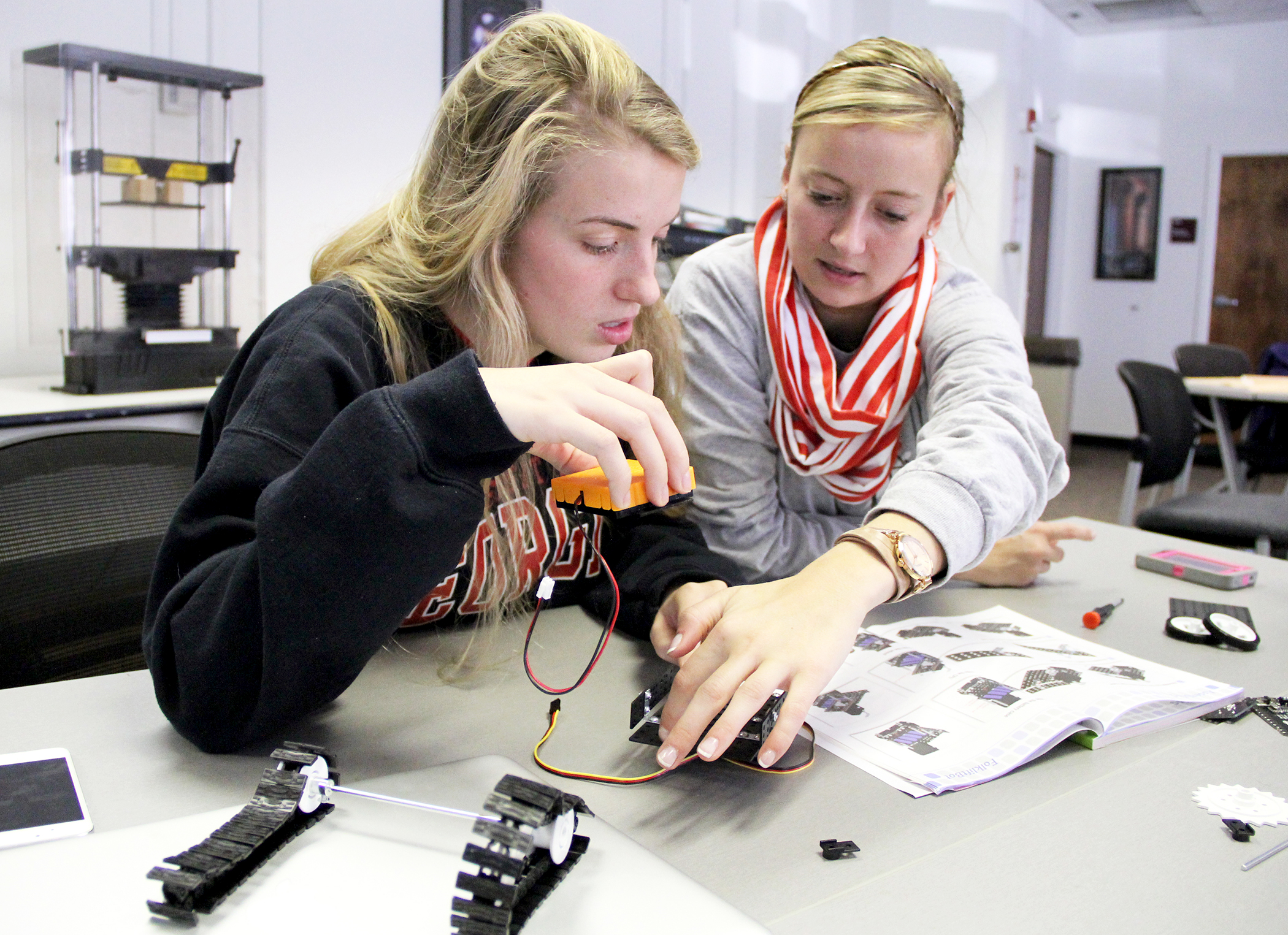Athens, Ga. – Information technology is enhancing the learning environment at the University of Georgia and is on track to save students more than $1 million collectively in textbook and software costs over the next five years.
UGA has been offering free e-textbooks for select classes since fall 2013 thanks to a $25,000 University System of Georgia Incubator Grant administered through the university’s Center for Teaching and Learning.
“E-textbooks make knowledge even more accessible to students and benefit their bank accounts and their path to graduation,” said Edward Watson, the director of UGA’s Center for Teaching and Learning.
The program was introduced in large enrollment entry-level biology courses, where each printed textbook costs $97. In addition to saving students money, the open-access texts enable professors to tailor their version by reorganizing chapters or adding material in the public domain.
Watson noted that the program has reached more than 1,600 students and saved a collective $158,749 last academic year. It is expected to save $200,000 a year for the next four years. The addition of two history courses to the program is adding another $70,200 annually in savings, bringing the total to more than $1 million in five years.
A new agreement with Microsoft to allow students to download Office ProPlus software has benefited about 9,000 students, saving each of them the $79.99 four-year subscription cost. In total, that comes to nearly $720,000, not to mention the savings through vLab, a new virtual computer lab for students that allows them to remotely access software on university computers.
Watson noted that reducing textbook costs can help students graduate in a more timely manner, since nearly half of students in a nationwide poll conducted by the U.S. Public Interest Research Group Education Fund reported that the cost of textbooks impacts how many and which courses students take each semester.
The Center for Teaching and Learning also helps professors incorporate the latest technology into the classroom through its Learning Technology Grants.
ChanMin Kim, an assistant professor in the College of Education, is leading a project across several departments funded by a Learning Technology Grant that incorporates robotics technology into the classroom.
“The aim is to help teachers learn to use robotics for teaching science, technology, engineering and mathematics,” said Kim, whose work includes creating a website to offer open education resources, such as STEM lesson plans using robots and video presentations. “This project exemplifies how technology can be used as a motivating, engaging tool for learning and performance.”
And because of the infrastructure put in place by Enterprise Information Technology Services at UGA, professors have many different avenues to reach students, whether in their classrooms, in their homes or across the globe.
Louise Wicker, professor and coordinator for the non-thesis Master of Food Technology program in the College of Agricultural and Environmental Sciences, said the Blackboard Collaborate Web conferencing tool enables working professionals as far away as New York-including leaders at McDonald’s and Arby’s-to access lectures. She has been able to lecture while traveling to Chicago, Korea and the Netherlands, and guest lecturers have participated from around the world.
“We have the capability to prepare, teach and access knowledge, regardless of location,” said Wicker. “Students who are working full time like the flexibility of accessing lectures on their own schedule.”
Vice President for Information Technology Timothy Chester notes that the university spends $750,000 annually on wireless expenditures-one of the top annual budgets in the nation-to ensure that wireless access is pervasive in academic spaces.
Other investments include a new $1.5 million supercomputer that enables data processing three times faster than the current rate for research computing, a popular new mobile app that puts several campus resources in one place, and the creation last year of the vLab.
In addition to saving students money on software, the vLab has allowed the university to save energy by replacing bulky computer processing towers with more energy efficient thin clients. The Office of Sustainability projects that the vLab will save $2.2 million in energy costs by fiscal year 2017.
“It all ties into an enhanced student learning experience,” Chester said. “Students can learn any time, any place, thanks to the investments made in information technology at UGA.”


